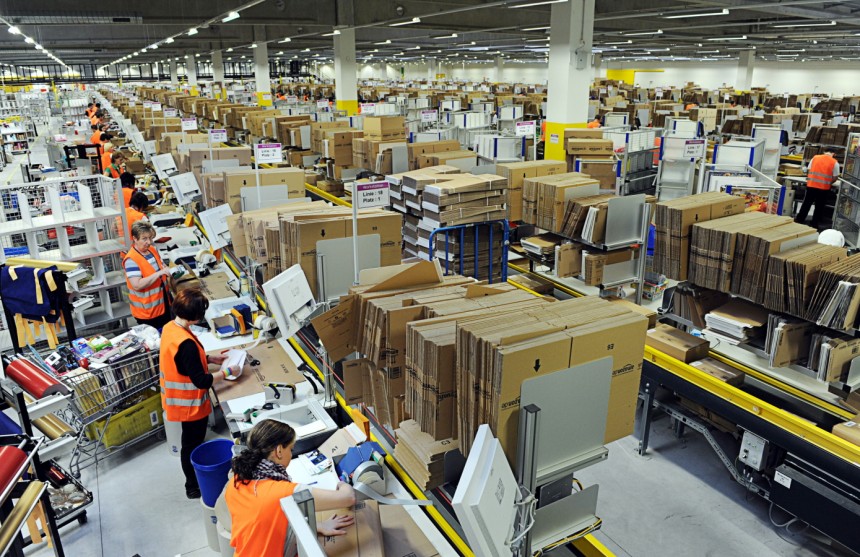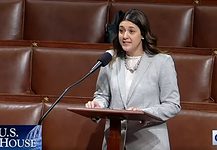Last Updated on September 3, 2020, 5:25 PM | Published: September 3, 2020
Labor Day is not the sequel to Memorial Day and not a time for hollow and vague statements about the sanctity of work.
On this Labor Day, a holiday in the middle of a coronavirus pandemic that has altered many work situations and terminated many others, we should spend time thinking about how to give people more power in their workplaces.
In 2013, former Secretary of Labor Robert Reich wrote about the state of labor unions for the San Francisco Chronicle, a union shop in which employees are represented by the Pacific Media Workers Guild.
“If they were rational, the wealthy would support public investments in education and job training, a world-class infrastructure (transportation, water and sewage, energy, Internet) and basic research — all of which would make the American workforce more productive,” Reich wrote. “If they were rational, they’d even support labor unions, which have proven the best means of giving working people a fair share of the nation’s prosperity. But labor unions are almost extinct. The decline of unions in America tracks exactly the decline in the bottom 90 percent’s share of total earnings, and the shrinkage of the middle class.”
Opinion by George D. Lang
Four years after Reich completed his work as President Bill Clinton’s labor secretary, Oklahoma amended its constitution to become a “right-to-work” state, or one in which employees could not be compelled to become members of a labor union as a prerequisite to employment. This amendment was pushed by Gov. Frank Keating, who argued that right-to-work would increase employment and stimulate the economy.
That sounds great, but the end result for many workers was wage stagnation. Without any kind of collective bargaining, it was up to individual workers to ensure they were paid fairly, and without a team backing them up, salary negotiations were short and one-sided.
But labor unions also protect employees’ working conditions, and it is during the pandemic that collective bargaining could have assisted people on numerous fronts. What if you are one of 4,000 employees working in the corporate offices of a $5 billion arts-and-crafts business, and your employer refuses to let you work from home to safeguard your health?
If you have a union representative to stand up to management and ensure your safety, this ends with an agreement to work from home, or a strike to force the action. Without anyone advocating for workers within the company, employees have to hope that journalists will run with the story and embarrass the company into compliance.
But sometimes, a company is too powerful to be embarrassed. On Sept. 3, Reich tweeted, “How is it that Jeff Bezos can grow his wealth by $13,000,000,000 in a single day but Amazon can’t afford to provide paid sick leave to its warehouse workers?”
Amazon employs 650,000 workers worldwide, including 5,000 employees at its Oklahoma City fulfillment center. According to Ziprecruiter.com, an average salary at the facility is $29,489, and Amazon does not want to pay them a single cent more.
In 2018, the company distributed an anti-unionization training video to management.
“We do not believe unions are in the best interest of our customers, our shareholders, or most importantly, our associates,” the narration said. “Our business model is built upon speed, innovation, and customer obsession — things that are generally not associated with unions. When we lose sight of those critical focus areas we jeopardize everyone’s job security: yours, mine, and the associates.”
In April, The Verge reported that the company used “heat maps” to track possible unionization activities. Factors entered into the “maps” included proximity to local unions and general sentiment of employees, and this week, the company was revealed to have posted jobs for “intelligence analysts” to monitor union activities. Amazon took down the postings on Sept. 1.
It seems as though Bezos is one of the few people who could watch Florian Henckel von Donnersmarck’s drama about the East German Stasi, The Lives of Others, and look at it as a how-to video.
Workers in Oklahoma need to know that “right to work” and the arguments against unionization are not in their interests. When Senators Jim Inhofe and James Lankford talk about denying further aid to displaced workers during an epidemic, claiming the paltry benefits disincentivize returning to work, they prove that anti-union companies have too much power over them.
I don’t mean to be a total killjoy — I love barbecues and lake trips as much as most Oklahomans. But we should not just take the day off on Labor Day; we should celebrate it and then practice what it celebrates.
George Lang has worked as an award-winning professional journalist in Oklahoma City for over 25 years and is the professional opinion columnist for Free Press. His work has been published in a number of local publications covering a wide range of subjects including politics, media, entertainment and others. George lives in Oklahoma City with his wife and son.











